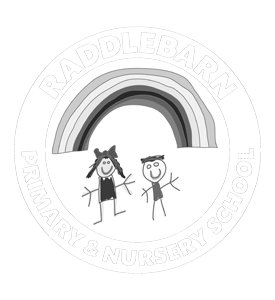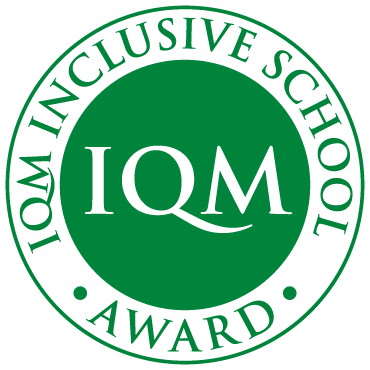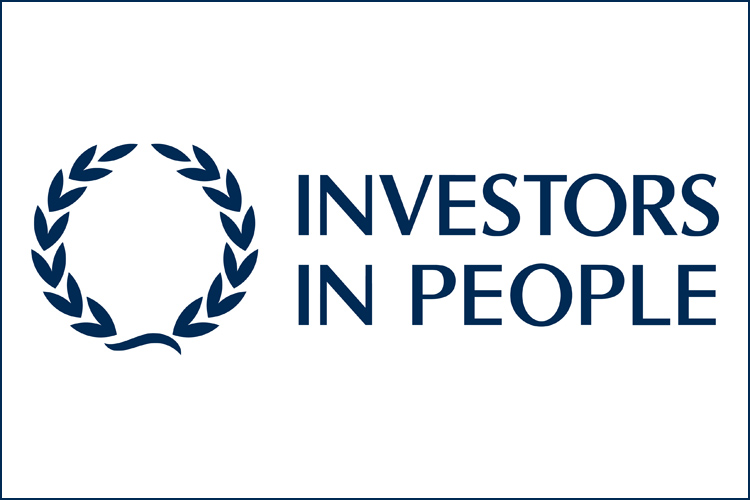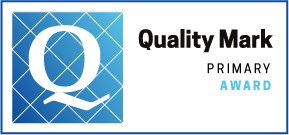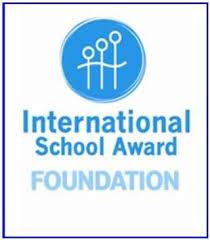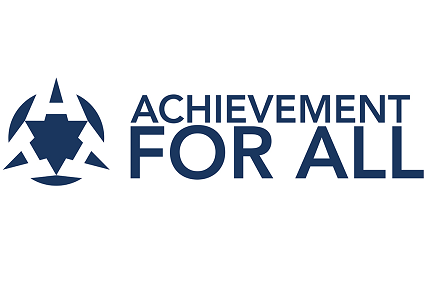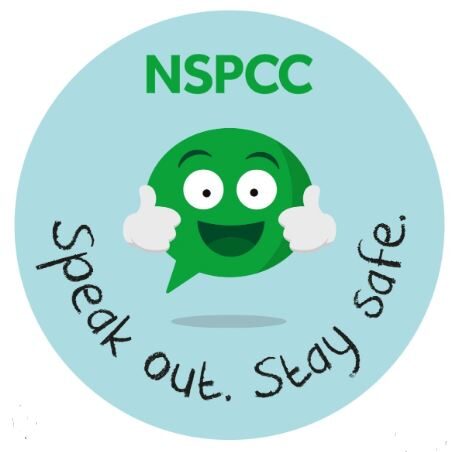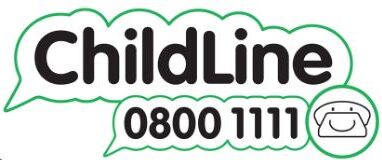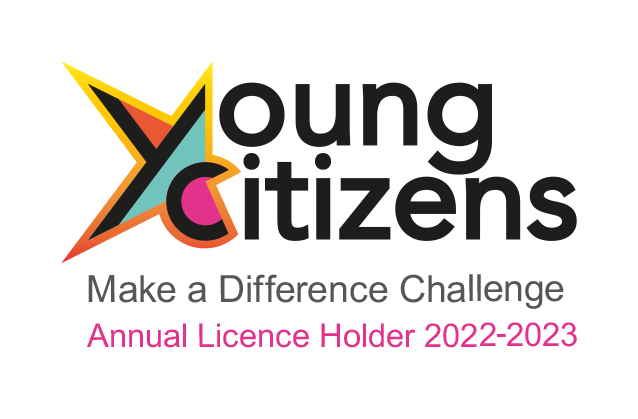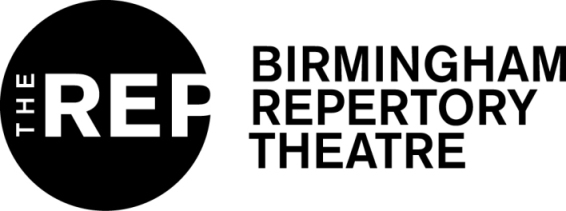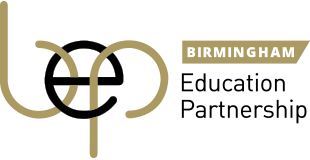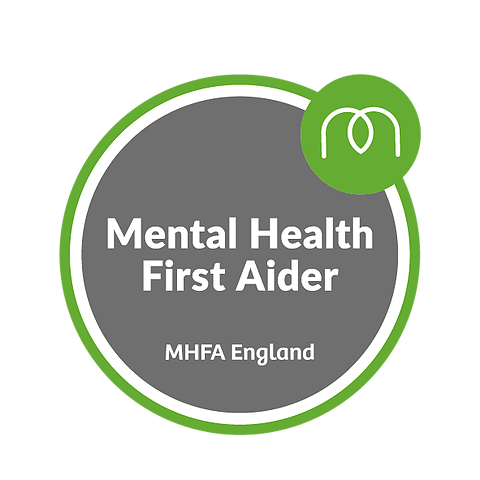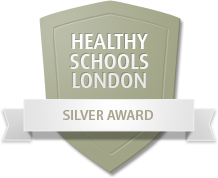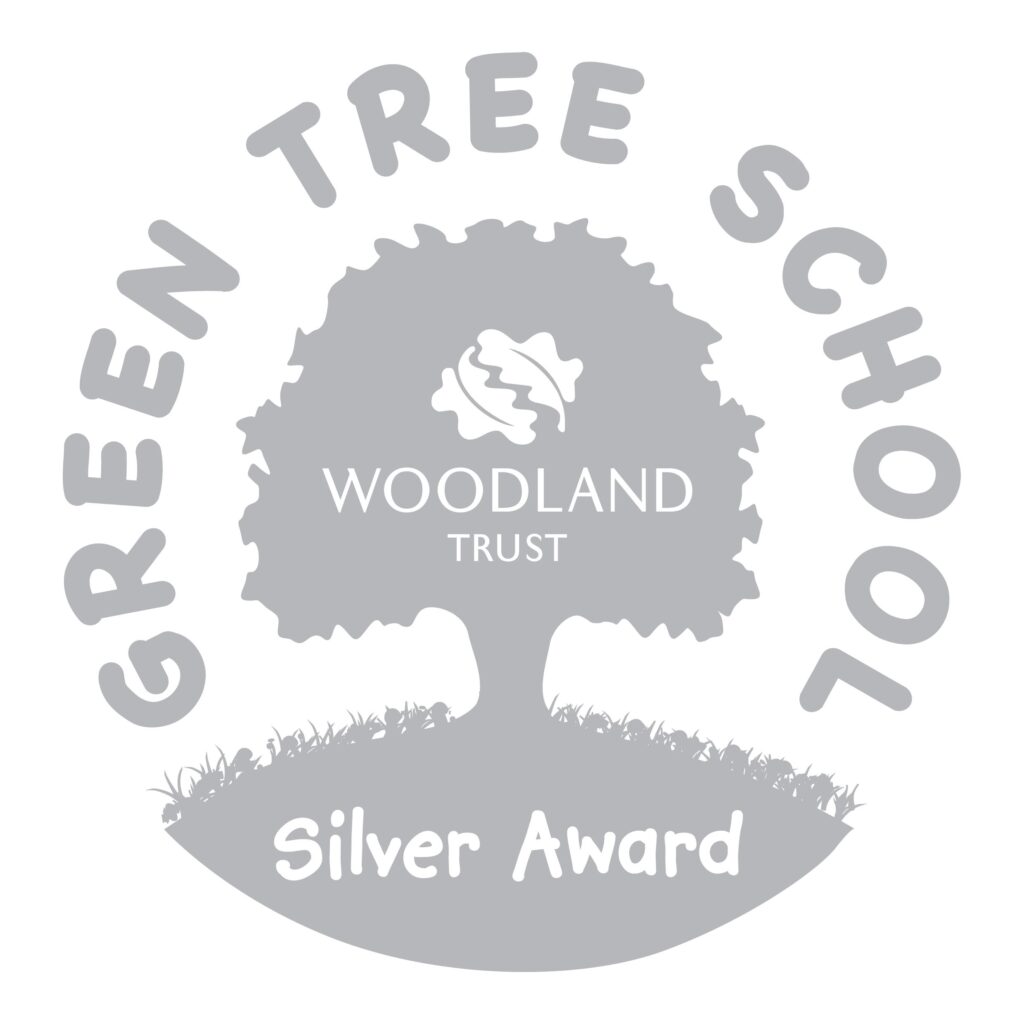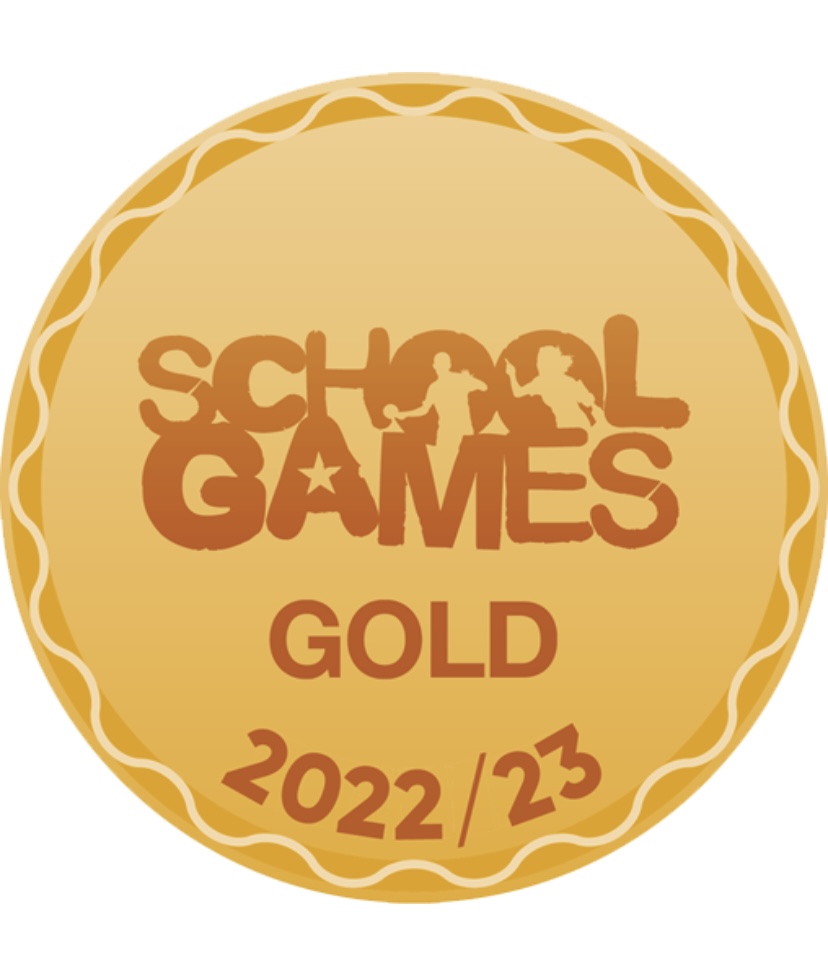
Intent
At Raddlebarn we know that history is concerned with sequence, time and chronology. It is the study of evidence about the past, it gives us a sense of identity, and it is set within our social, political and cultural relationships. We believe our history curriculum will fire our children’s curiosity and play an essential part in preparing them for living and working in the ever-changing society we live in today.
We would like children at Raddlebarn to see the diversity of human experience and understand more about themselves as individuals and members of society, as well as have an understanding of what they learn and how this can influence their decisions about personal choices, attitudes and values.
Our principal aim is to develop the children’s knowledge, skills and understanding in history. We believe in whole-class teaching methods combined with enquiry-based research activities that will deepen their understanding of history beyond the classroom but also deepen their transferable problem solving skills across all subjects. We believe children learn best when they have access to, and are able to handle artefacts, share experiences and draw on the experience and expertise of others, and we strive to provide this for all of our learners across the school.
We are committed to providing all children with learning opportunities to engage in history, to enable them to have a long-term interest in the subject that goes beyond the classroom.
Implementation
Our topics are informed by the National Curriculum and are coherently planned so that our pupils are encouraged to think critically, weigh evidence, develop perspective and judgement as well as consider how the past influences the present, what past societies were like, how these societies organised their politics, and what beliefs and cultures influenced action. Not forgetting, we also unpick history within living memory, to make clear associations with our past that generations before us have experienced. As they do this, children develop a chronological framework for their knowledge of significant events and people.
Our topics are informed by the National Curriculum and are coherently planned so that our pupils are encouraged to think critically, weigh evidence, develop perspective and judgement as well as consider how the past influences the present, what past societies were like, how these societies organised their politics, and what beliefs and cultures influenced action. Not forgetting, we also unpick history within living memory, to make clear associations with our past that generations before us have experienced. As they do this, children develop a chronological framework for their knowledge of significant events and people.
Our broad and balanced history curriculum is accessible for all; we are sensitive to the experiences available to all our children beyond the classroom to ensure every child receives equal opportunity to succeed.
To complement this process, a bespoke integration of enquiry skills are built upon year by year so that when our children reach Year 6 they have the strong foundation of knowledge and skills to equip them for the next chapter in their lives.
Raddlebarn uses a variety of teaching and learning styles within our history lessons. We teach history in blocks throughout the year to ensure the children are fully immersed in the topic throughout the term. This allows for a cross curricular approach which enables further contextual learning.
All children have access to trips, visits and experience days throughout their time at Raddlebarn. We understand the impact of providing these opportunities for our pupils’ enjoyment and engagement of the subject. We utilise the local area and will organise visits into the community to support and enhance the learning.
As part of our home-school learning relationships we use history Knowledge Organisers, to enhance the topic as well as give children additional information to learn at home. A quick quiz at the start of the topic and end is then used to show the progress the children have made.
Our history topics are collaboratively hand-picked to ensure the topics reflect prior knowledge and skills so these can be developed, challenged and strengthened as the children move through the school. The children undertake a broad and balanced programme that takes into account the abilities, aptitudes, physical, emotional and intellectual development of our children.
Impact
The impact of our child–centred history curriculum is evidenced in children’s books, our school website, displays, monitoring and through an open dialogue with our pupils about what they want from history at Raddlebarn.
Children’s books outline the inclusivity of our topics and differentiated work, the in-topic assessments that take place at the beginning and end of the unit of work through quick quizzes, show the progress made from each starting point. The progression of skills in historical enquiries across the school shows how the confidence to ask challenging questions, through learnt critical awareness of sources and evidence collection, results in a well-rounded emergence of primary age historians.
Through our links with community, we have seen our children enter city wide competitions for Local History as well as a Black History competition in collaboration with Birmingham University. Raddlebarn children all won awards for these which meant they attended award ceremonies and their work being exhibited at Birmingham Central library.
Listening to our pupils’ voice allows us to provide a curriculum tailored to meet the needs of our children, but it also deepens their understanding of history. The children begin to understand the history curriculum and its shapes what else they would like to know and how they would like it to be taught. This not only results in our pupils feeling valued, it also promotes their health and wellbeing that the school are listening to their contributions and they can see a tangible change in their curriculum is being planned and implemented.

Key Concepts
The key concepts that are studied and revisited in history in each year group are:
| Context and chronology | This concept is about considering the order in which things happened, using dates, vocabulary and chronological conventions. It is about building up an historical overview or framework of periods and themes. It is about placing events in their broader historical context. Understanding that contexts can provide preconditions, triggers or catalysts that shape and influence, for example, when an event or outcome occurred, where it occurred and the manner in which it occurred. |
| Historical enquiry and interpretation | Historical enquiry is the process by which pupils use the same methods as a professional historian when investigating an aspect of history. Children will develop their understanding of historical enquiry by asking and framing question; undertaking research; making judgments and effectively communicating answers. Pupils will study the way past events are presented, how valid these are and reflect upon why they may differ. |
| Continuity and change | There were lots of things going on at any one time in the past. Some changed rapidly while others remained relatively continuous. We can look at these to consider things that were continuous and explain why, and things that were changing and explain why. We can then use these to judge comparisons between two points in the past, or between some point in the past and the present. We consider key moments / key individuals and turning points that triggered change, the level of change and its significance, e.g. what made the most difference, Also how people experienced, promoted, shaped or resisted change. |
| Cause and consequence | This concept considers the ‘how and why’ of history. The causes look for ‘what were the actions/beliefs/circumstances…?’ that led to a change or event that we examine, and then the consequences of these. |
| Similarity and difference | Similarity and difference is based upon an understanding of the differing perspectives and relationships between different groups. Asking how similar or different allows pupils to draw comparisons across people, their perspectives, motivations and actions as well as across time and space, helping children to develop a greater understanding of modern global society. |
| Significant events and people | Some events, ideas or people have had a significant long-lasting impact on the world. Not all things are significant for the same reasons as other things and in this concept, children can see the range of reasons why certain people, places and events were significant then and now. It includes assessing and evaluating the impact that they had on a period of time. |
Supporting Documents:

